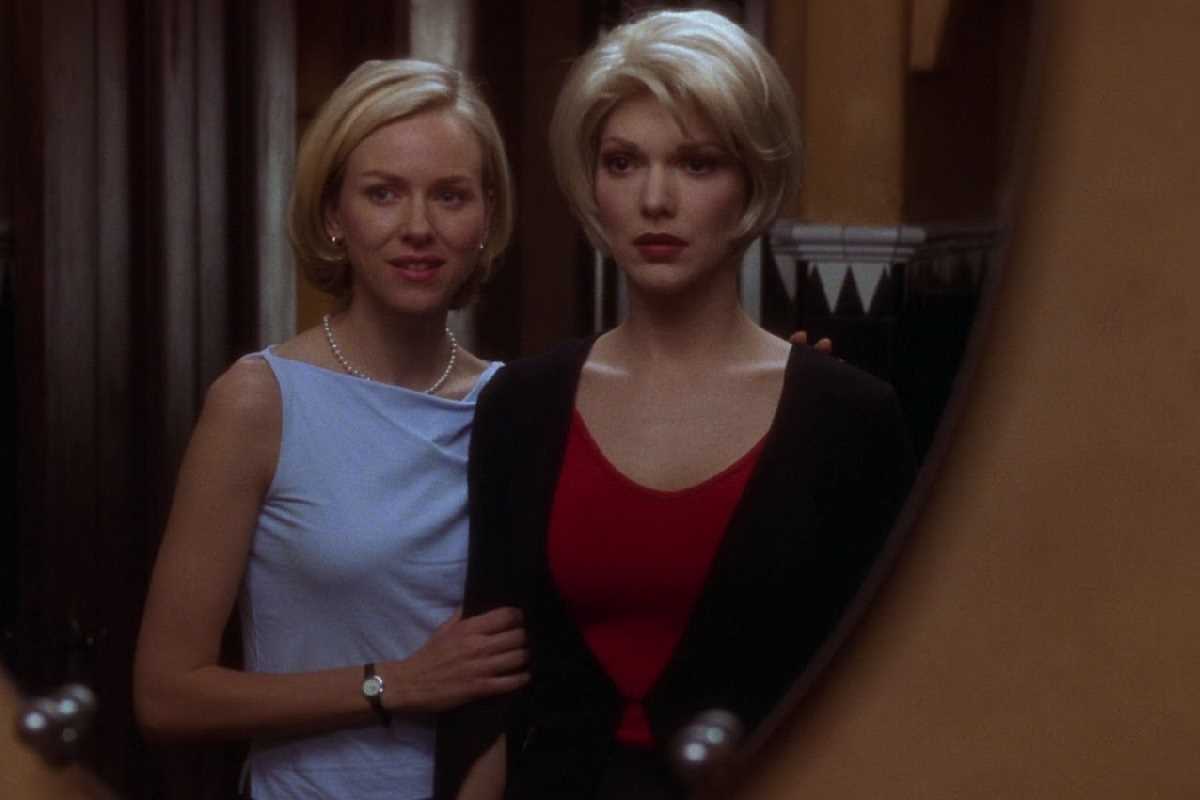Star Wars has been a cultural phenomenon since its debut in 1977, becoming a multi-billion-dollar franchise encompassing films, TV shows, books, comics, video games, and an extensive array of merchandise. Over the years, it has shaped and influenced modern pop culture, drawing millions of passionate fans worldwide. But as Star Wars expands into new territories, a question arises: can you have too much of it? While many fans continue to enjoy the growing universe, others are raising concerns about oversaturation. With so much new content, there’s a growing fear that the franchise might struggle to maintain its cultural impact and originality as it becomes more widespread.
Franchise Expansion: A Double-Edged Sword
Since Disney acquired Lucasfilm in 2012, Star Wars has experienced rapid growth. New films, TV shows, and other media have flooded the market, leading to both excitement and concerns about losing the magic that made the original trilogy iconic.
- The Rise of Spinoffs: Shows like The Mandalorian and Ahsoka explore stories outside the main saga, but some argue that the franchise is becoming overextended. The careful curation of stories has evolved into a more sprawling narrative, raising questions about the quality of content.
- The Risk of Oversaturation: With so much Star Wars media—films, TV shows, books, and games—some fans feel fatigued. When every new release is Star Wars-themed, it risks feeling less special.
While the expansion of Star Wars offers more content for fans, the risk of oversaturation threatens the franchise’s unique appeal.
Impact on Storytelling and Creativity
The rapid expansion of Star Wars has raised concerns about its impact on storytelling. The original trilogy benefited from George Lucas’s singular vision, but the franchise’s growth has led to diverse directors and producers, which has shifted the tone and style of subsequent projects.
- Repetition and Predictability: The Force Awakens drew heavy inspiration from the original trilogy, which some found too predictable. Other films and shows often retread familiar storylines.
- Formulaic Content: Many new series and films follow a similar narrative structure of protagonists facing conflict and eventual resolution, which can feel repetitive and limit creative possibilities.
When every new project adheres to similar storytelling formulas, Star Wars risks becoming stale, losing the edge that once made it innovative.
Fragmentation of the Fanbase
As the franchise expands, it has led to a fragmentation of its fanbase. Different generations and subgroups of fans have varied expectations and interpretations of what Star Wars should be, which can create division rather than unity.
- Generational Gaps: Fans of the original trilogy may struggle to connect with newer entries like The Rise of Skywalker or The Mandalorian, which focus on younger, diverse characters and themes.
- Diverse Media Preferences: With Star Wars branching into animated series, films, books, and video games, fans have started gravitating toward different formats. This can create further division, with some fans preferring certain aspects of the franchise over others.
Rather than bringing the fanbase together, Star Wars’ expansion risks creating competing factions, each focused on different parts of the universe, which can detract from the franchise’s unity.
The Nostalgia Factor: Can It Last?
Nostalgia has been a driving force behind Star Wars' success. The original trilogy remains iconic, and the recent films have capitalized on this by drawing from nostalgia. But as the franchise expands, one must wonder: how long can nostalgia keep audiences engaged?
- Nostalgia as a Double-Edged Sword: While nostalgia attracts older fans, it can also limit innovation. If the franchise relies too much on past characters and storylines, it risks becoming repetitive and uninspired.
- The Challenge of Relevance: There’s a fine line between honoring Star Wars' legacy and creating fresh content. Too much focus on past stories may alienate younger fans who crave new narratives.
If Star Wars continues to rely heavily on nostalgia, it may struggle to maintain relevance for newer generations.
The Future of Star Wars
The future of Star Wars depends on how the franchise adapts. It still holds significant potential for reinvention, but it must strike a balance between exploring new territory and respecting its legacy.
- Innovation and New Perspectives: Future projects should push boundaries and offer untold stories to keep the franchise fresh. New, diverse narratives can inject life into Star Wars without relying too heavily on core characters.
- Sustaining Core Appeal: Star Wars has universal themes—hope, redemption, good versus evil. If future content embraces these themes while offering something new, the franchise can continue to resonate with fans.
Star Wars' challenge is to offer new and exciting stories while avoiding oversaturation. The franchise can maintain its cultural significance if creators strike the right balance.
 (Image source: Gary Kurtz)
(Image source: Gary Kurtz) .jpeg)





